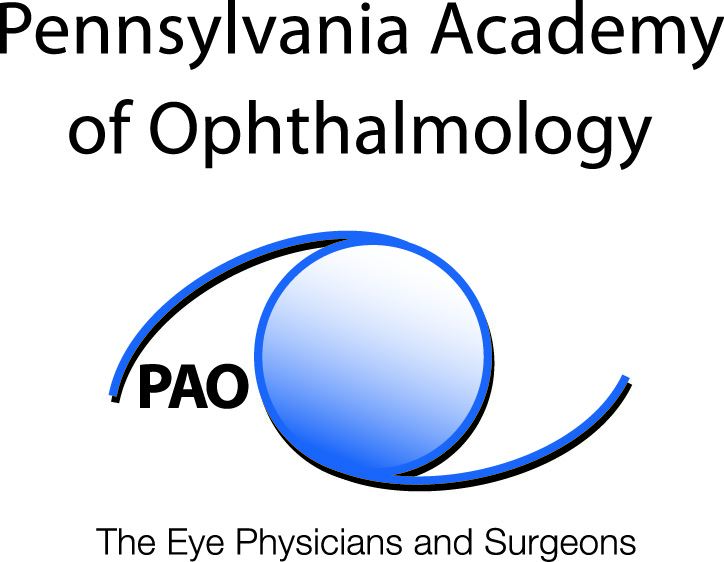Knowing Your Eye Care Professional
Ophthalmologist—Eye MD
An ophthalmologist is a physician—doctor of medicine (MD) or doctor of osteopathy (DO)—who specializes in the medical and surgical care of the eyes and visual system, and in the prevention of eye disease and injury
|
An ophthalmologist has completed:
An ophthalmologist is licensed by a state regulatory board to practice medicine and surgery. An ophthalmologist is a medically trained specialist who can deliver total eye care: primary, secondary, and tertiary (i.e., vision services, eye glasses, contact lenses, eye examinations, medical eye care, and surgical eye care), diagnose general diseases of the body, and treat eye manifestations of systemic disease. |
|
Optometrist
An optometrist is a health service provider who is primarily involved with vision problems. Optometrists are specifically educated and trained by an accredited optometry college in a four-year course. Optometrists do not attend Medical School. They are state licensed to examine, diagnose, and treat vision problems, including determining visual acuity and prescribing eyeglasses and contact lenses. They can administer and prescribe some drugs, as approved by the Secretary of Health. Optometrists in Pennsylvania may use topical pharmaceutical agents in the treatment of some forms of glaucoma. They may not treat systematic diseases. They may not perform surgery, including the use of lasers and injections.
Optician
An optician is a professional technician who makes, verifies, delivers and fits lenses, frames, and specially fabricated optical devices and/or contact lenses under prescription.
The optician's functions include:
- prescription analysis and interpretation
- determination of the lens forms best suited to the wearer's needs
- the preparation and delivery of work orders for the grinding of lenses and the fabrication of eyewear
- the verification of the finished ophthalmic products
- the adjustment, replacement, repair, and reproduction of previously prepared ophthalmic lenses, frames and other specially fabricated ophthalmic devices

